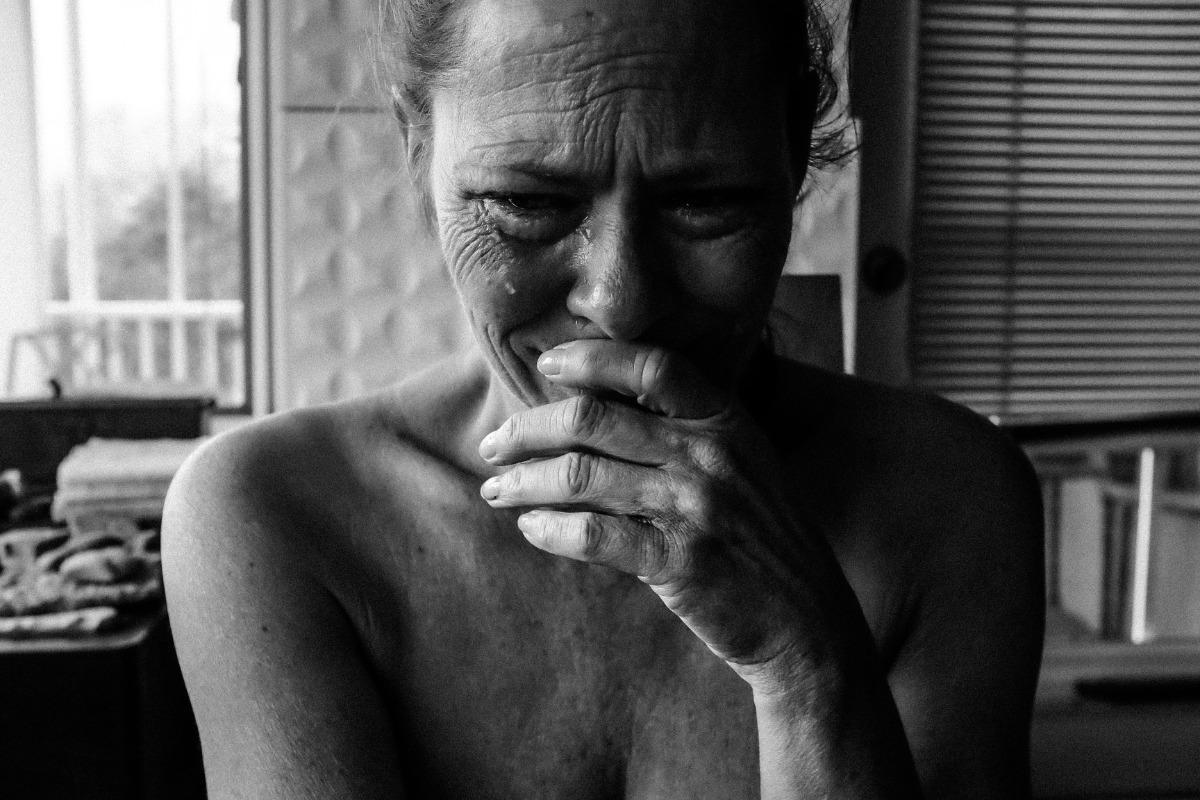
Introduction
Grief and loss are inevitable aspects of the human experience. Whether caused by the death of a loved one, the end of a significant relationship, a miscarriage, the loss of a pet, or the termination of employment, the emotional impact can be profound. According to leading research from prominent institutions specializing in Grief and Loss, approximately 1 in 5 children will experience the death of someone close to them before the age of 18. The grieving process can manifest in various ways, affecting individuals mentally, emotionally, and physically. In this article, we delve into the complexities of grief and explore evidence-based treatments that can facilitate the healing journey.
Understanding Grief and its Impact
Grief is a natural response to loss, and it encompasses a wide range of emotions such as sadness, hopelessness, isolation, irritability, and numbness. Every person copes with grief differently, and the healing process is unique to each individual. It's essential to recognize that grieving is a normal part of life and that there is no fixed timeline for healing.
Leading Research Insights
Prominent research institutions in the field of Grief and Loss have shed light on the following key aspects:
The Universality of Grief: Grief is a universal experience that transcends cultural, societal, and geographical boundaries. Although the expression of grief may vary among different cultures, the emotional responses to loss are common to humanity.
Non-Death-Related Loss: Grief is not exclusively tied to death; it can also emerge from various other losses, such as the termination of relationships, miscarriages, the loss of pets, or job changes. These non-death-related losses can evoke emotions similar to those experienced after a death.
Grief in Children and Adolescents: Children and teenagers are not exempt from grief, and the impact of loss can be significant during their developmental years. Understanding how to support young individuals through the grieving process is crucial to their emotional well-being.
Treatment Approaches for Grief and Loss
- Psychotherapy: As an evidence-based treatment, psychotherapy plays a pivotal role in assisting individuals in navigating their grief. Therapeutic approaches, such as cognitive-behavioral therapy (CBT), acceptance and commitment therapy (ACT), and grief-focused therapy, are designed to help individuals:
- Enhance coping skills to manage the emotional intensity of grief.
- Reduce feelings of guilt and self-blame often associated with loss.
- Explore and process complex emotions in a supportive environment.
Support Groups: Joining grief support groups, either in person or online, can provide individuals with a sense of community and understanding. Interacting with others who have experienced similar losses can normalize feelings and foster a sense of belonging.
Mindfulness and Meditation: Practices that promote mindfulness and meditation can help individuals become more attuned to their emotions, reduce stress, and promote self-compassion during the grieving process.
Self-Care and Patience: Practicing self-care and allowing oneself the necessary time and space to grieve are crucial elements of the healing journey. Engaging in activities that bring comfort and seeking support from friends, family, or professionals are important aspects of self-care.
Conclusion
Grief and loss are universal experiences that impact individuals in different ways. Leading research in the field of Grief and Loss emphasizes that healing from grief is a personal journey, and there is no "right" or "wrong" way to grieve. Utilizing evidence-based approaches, such as psychotherapy, support groups, mindfulness, and self-care, can facilitate the healing process and enable individuals to gradually find meaning and acceptance amidst the pain of loss. Remember, seeking professional support when needed is a sign of strength, and everyone deserves compassionate assistance as they navigate the challenges of grief and loss.
